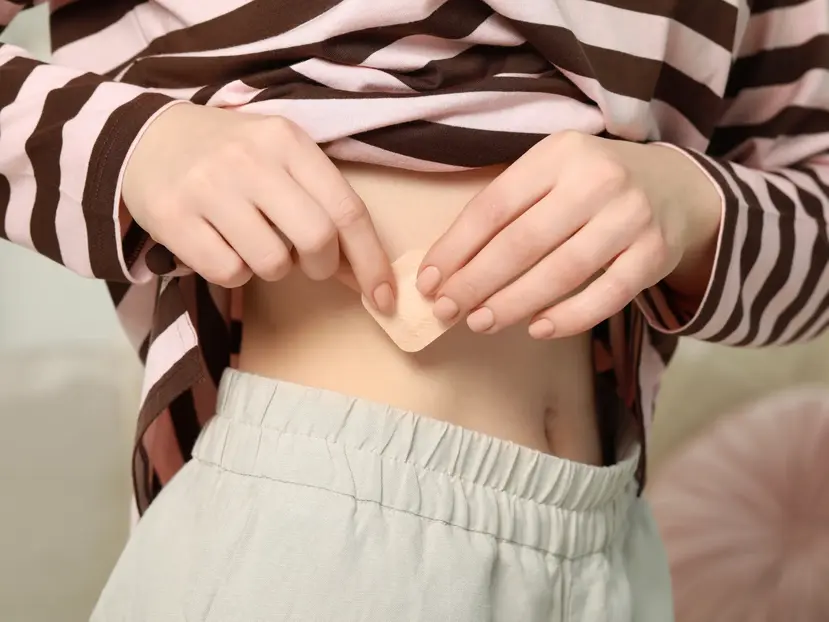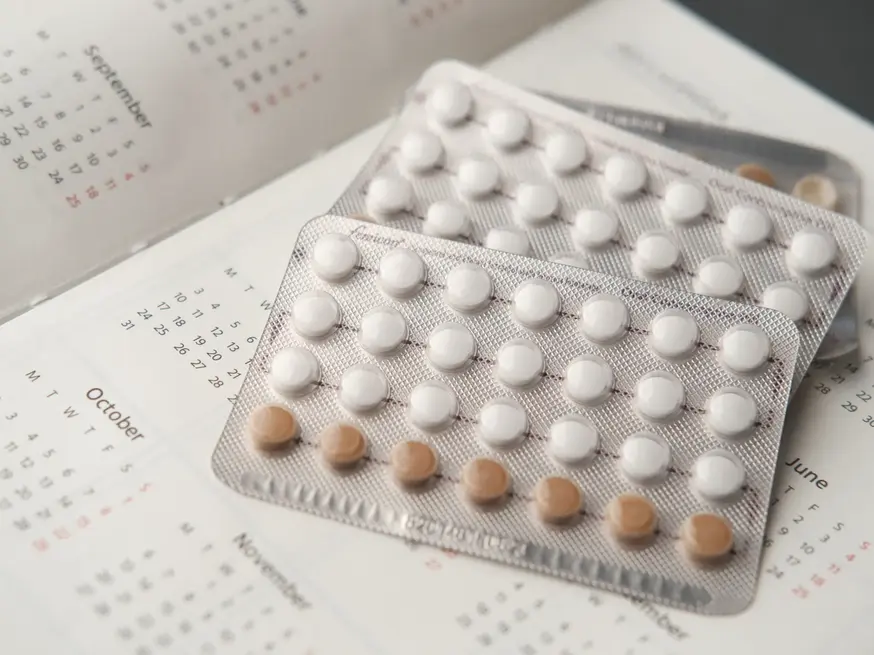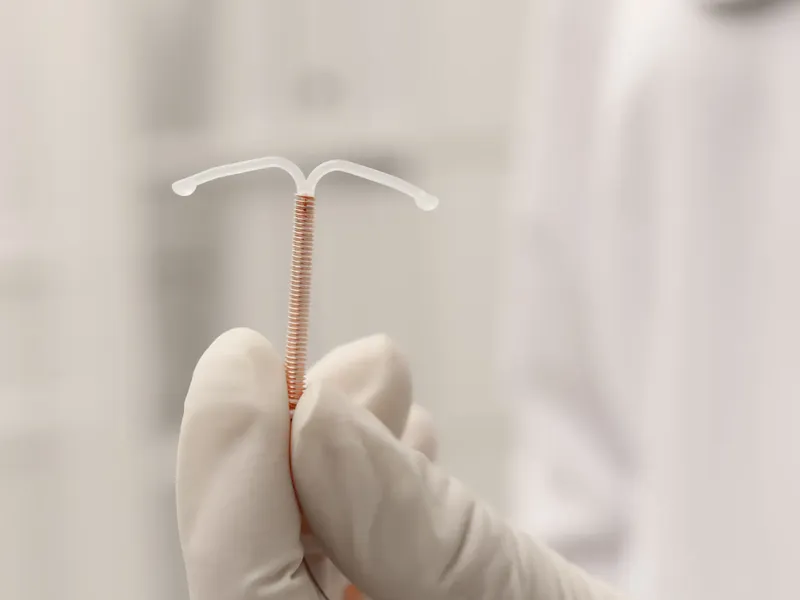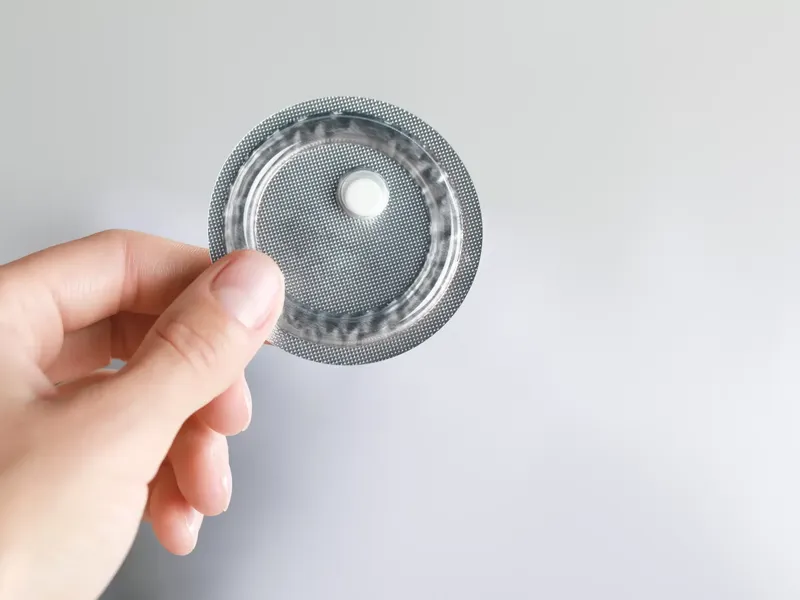Contraceptive Counselling

Contraceptive Counselling: Your Path to Empowered Family Planning
Contraception plays a vital role in family planning, allowing individuals and couples to decide if and when they want to have children. It empowers you to take control of your reproductive health, providing the freedom to pursue educational, career, and personal goals without the concern of an unplanned pregnancy.
At Eden Women’s Health, we understand that choosing the right contraceptive method is a significant decision. Thus, we offer contraceptive counselling to better understand and cater to your unique needs, preferences, and concerns. Our goal is to work with you to help find the most suitable method for you.
VISUAL GUIDE
Types Of Contraception
There is a wide range of methods to suit your unique family planning needs







Our Contraceptive Options
Long term:
- Hormonal intrauterine device (IUD): A small, T-shapeddevice inserted into the uterus to release hormones that thin the uterus lining and thicken cervical mucus, making it difficult for sperm to reach the egg. Effective for 3-5 years.
- Non-hormonal intrauterine device (IUD):A small, T-shaped copper device inserted into the uterus which stops production of healthy eggs and damages sperm, preventing them from reaching the egg. Effective for 10 years.
- Birth control implant: A small, thin rod inserted under the skin of the upper arm that releases hormones to prevent ovulation and thicken cervical mucus, making it difficult for sperm to reach the egg. Effective for 3 years.
Short term:
- Oral contraceptive pills: Oral contraceptives(taken daily) containing hormones to prevent ovulation and thicken cervical mucus, making it difficult for sperm to reach the egg.
- Hormonal contraceptive patch: A thin, adhesive patch worn on the skin(changed weekly) that releases hormones, working similarly to the oral pill.
- Hormonal injections: An injection(administered every 3 months) that contains hormones that prevent ovulation.
In emergencies:
- Ella: A contraceptive pill taken within 4 days of unprotected sex to inhibit/delay ovulation
- Non-hormonal intrauterine device (IUD): Inserted within 5 days of unprotected sex to prevent embryo implantation

Schedule An Appointment
All contraceptive options come with their benefits and possible side effects.
Talk to one of our gynaecologists today to discuss which option best suits your needs and preferences. We are here to support you every step of the way on your reproductive journey.

